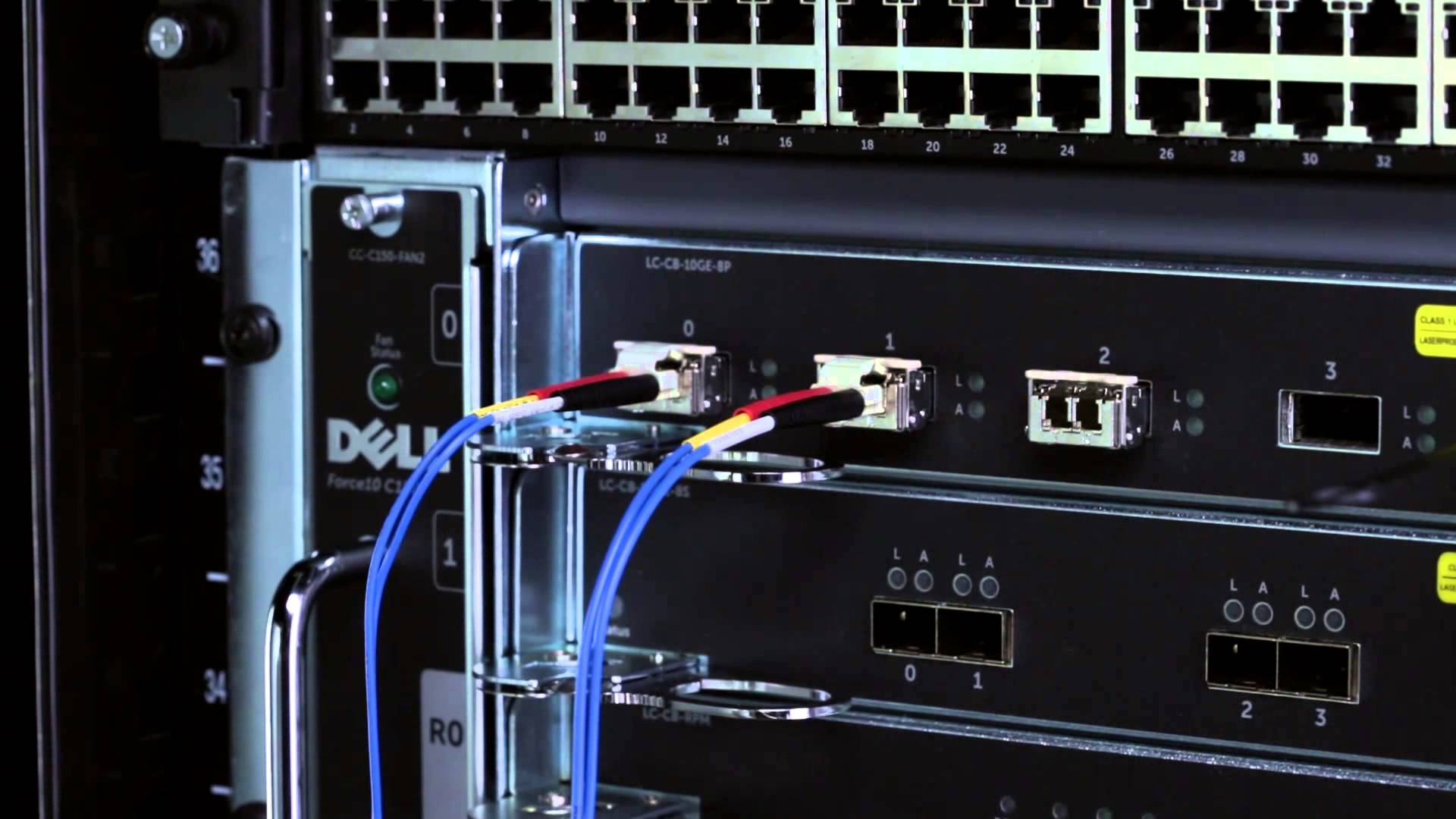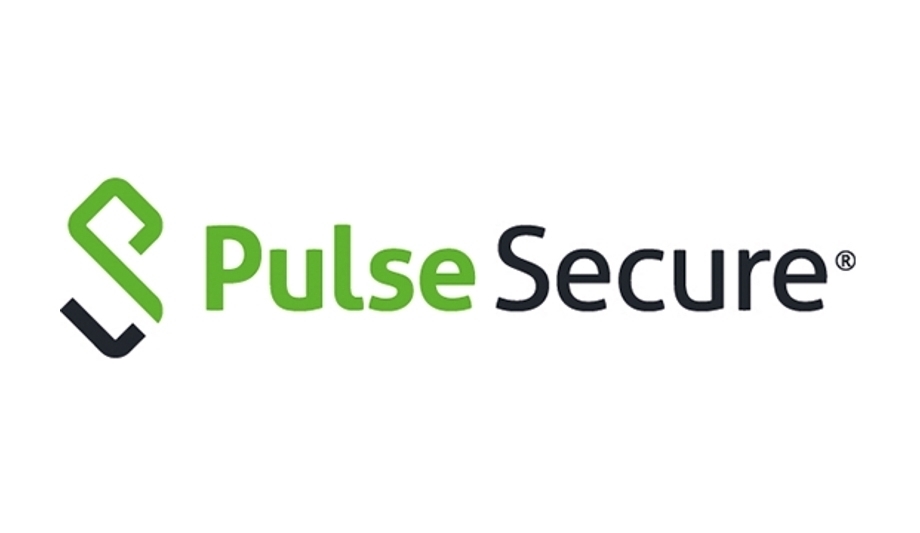| Standards | - IEEE 802.11a/b/g/n/ac
- 2.4GHz and 5GHz
|
| Supported Data Rates | - 802.11n/ac: 6.5Mbps – 173.4Mbps (20MHz) 13.5Mbps – 400Mbps (40MHz)
- 29.3Mbps - 867Mbps (80MHz)
- 802.11a: 54, 48, 36, 24, 18, 12, 9 and 6Mbps
- 802.11b: 11, 5.5, 2 and 1 Mbps
- 802.11g: 54, 48, 36, 24, 18, 12, 9 and 6 Mbps
|
| Radio Chains | |
| Spatial Streams | |
| Channelization | |
| Frequency Band | - IEEE 802.11 b/g/n: 2.4 – 2.484 GHz
- IEEE 802.11a/ac: 5.15 – 5.25 GHz; 5.25 – 5.35
- GHz; 5.47 – 5.725 GHz; 5.725 – 5.85 GHz
|
| Operating Channels | - US/Canada: 1-11, Europe ( ETSI X30): 1-13, Japan X41: 1-13
- 5 GHz channels: Country dependent
|
| BSSID | - Up to 8 per radio (16 per AP)
|
| Power Save | |
| Wireless Security | - WPA-PSK, WPA-TKIP, WPA2 AES, 802.11i
- Authentication via 802.1X with the ZoneDirector or SmartZone, local authentication database, support for RADIUS, LDAP, and ActiveDirectory
|
| Certifications | - U.S., Europe, Argentina, Australia, Brazil, Canada, Chile, China, Colombia, Costa Rica, Ecuador, Egypt, Hong Kong, India, Indonesia, Israel, Japan, Jordan, Kenya, Korea, Malaysia, Mexico, New Zealand, Peru, Philippines, Russia, Saudi Arabia, Singapore, South Africa, Taiwan, Thailand, UAE, Vietnam
- WEEE/RoHS2 compliance EN 60601-1-2 (Medical)
- Wi-Fi Alliance
- WFA
- Industry Canada
- EU/EFTA
- CB Scheme Certificate
|








